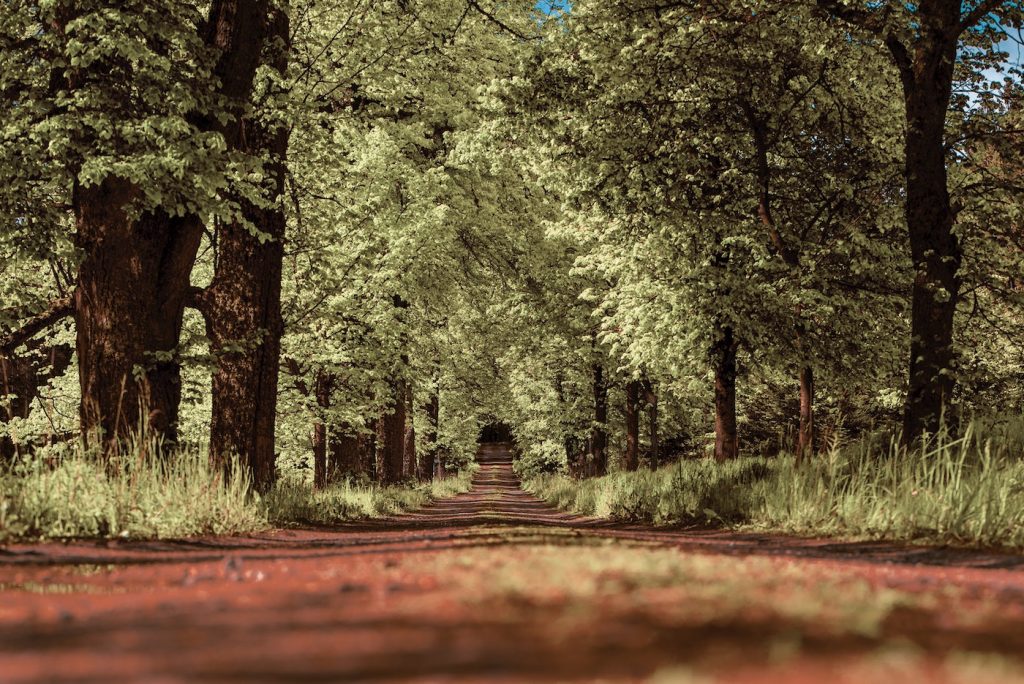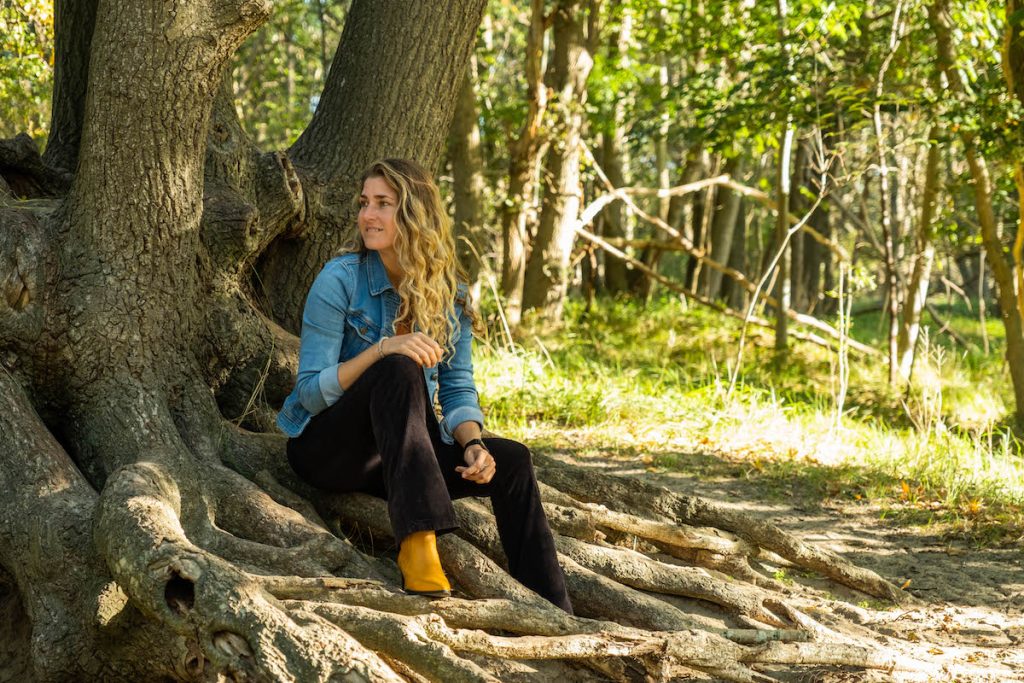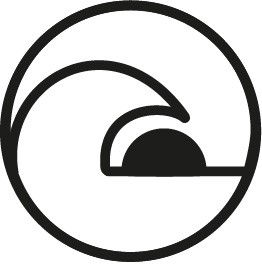ABOUT
CURCCIULUM VITAE
professional
2019 – Present:
• Project leader and steering group member on behalf of Natuur & Milieu for the Responsible Business Conduct agreements with the insurance sector and pension funds;
• Interim director for the scientific institute of the Dutch green party GroenLinks;
• Management coach and facilitator/trainer for Dier & Recht (animal welfare);
• Facilitator and consultant for Greenpeace Netherlands, the European Green Party, Transport & Environment, Solarcentury and others.
2017 – Present:
• Member of the field advisory board of the political science department at the VU university.
2011 – 2018:
•Programme director and head of the climate & energy department at Greenpeace and several other roles (international project leader, team leader, campaigner) before that.
•In 2014 I was included in the list of 100 young sustainability frontrunners (DJ100).
2008 – 2012:
• Chair of the board of UpToYouToo, a production house for developing issues in Tanzania and Kenya supporting youth with entrepreneurial activities.
2006 – 2008:
•UN Youth representative for climate & sustainability.
academic
2008 – 2010:
• MSc International Development Studies at the Graduate School for Social Sciences (UvA). Master thesis based on field research in Dar es Salaam on Chinese state-owned companies in the infrastructure sector. Published in The China Monitor.
2004 – 2008:
• BA Political Science at the Vrije Universiteit in Amsterdam.
lifelong learning
2019 – 2021:
•System dynamics in organisations & a Master in systemic constellations in organisations at the Bert Hellinger Institute.
2020:
•Volunteering at the refugee camps in Lesvos for Because We Carry.
2019 – 2020:
• Djochzen meditation course at Jan Geurtz.
2018 – 2019:
• Language buddy for Syrian refugees at Doras.
2015 & 2016:
• Creative idea development & leading creative collaboration, designed by Fantastic Studios.
2014:
• Future Leaders programme at Greenpeace International.
2013:
• Managing professionals at Schouten & Nelissen.
my story

from the un to activism
I come from a working class family in a small town in the northern part of the Netherlands, Enkhuizen. After my pre-university education I moved to Amsterdam to study political science at the VU University. During my second bachelor degree year (2006), I got elected as youth representative to the United Nations on sustainability related topics like climate change, energy and air pollution. My 21 year-old self joined the government delegation to several UN meetings in New York, like the Commission on Sustainable Development.
Together with a women’s’ and NGO representative we advised the delegation, including ministers, on the position and statements of the Netherlands for the plenaries and side events. Meanwhile, during the two years fulfilling that role, I talked to hundreds of youngsters each year to talk about the climate crisis, the energy transition, the involvement of youth in policy- and decision making and hear their ideas and opinions to be able to represent them. These two years have been an extremely important learning journey for me, and I think it has played a significant part in shaping my career.
One of the things I learned at the UN – contrary to what I expected beforehand, call me naïve – is that it is extremely hard to move nations into taking collective action and step out of their own self-interest even though the urgency is apparent. I think seeing the bureaucracy and slowness also triggered my activist side, I felt that more pressure was needed to mobilise action. At the same time it really helps sticking around in climate politics for some time, and zooming out to see what has been accomplished.
For climate action and personal growth alike, looking over a period of 5 or even 10 years helps me seeing the important progress that is definitely there, despite set-backs and resistance. The most valuable lesson I learned from this is that creating change requires a tremendous amount of perseverance, discipline and sometimes seeking hope when all seems hopeless.
surfing waves
When I joined the environmental movement in 2011, two weeks after the terrible earth quake, tsunami and consequently a nuclear disaster in Fukushima Japan, I learned another invaluable lesson: timing is (almost) everything. Significant transformations in society always come about with disruptions and crises. We see that all around us nowadays. You can and should plan for impact, but timing is a crucial factor as well that we should not underestimate, in my view. Quite often a certain idea or paradigm shift takes off not just because it is brilliant, but because it fits the zeitgeist and trends at that very moment.
In my personal life, I’ve been surfing since I was sixteen, so the idea of surfing waves is really appealing to me. You need to be really open to what is happening underneath the surface, to signs of what is building up. That is why I truly believe in designing strategies, programmes and projects according to design thinking principles. That means working with hypothesis, sensing, experimenting, testing and using a constant feedback loop to adjust and improve instead of spending months locked up in room within your ‘bubble’ figuring out THE award winning idea and then finding out it is already outdated once you implement it.

Journey to leadership
After working as a campaigner at Greenpeace Netherlands for 1,5 years I was asked to lead the climate and energy team ad interim for a year. Leading a team was great fun, but most of all, a wonderful way to grow as a person because you get so much of your own behaviour and beliefs reflected back at you. For me it was the kickstart of a longer journey of expanding self-awareness, which is – in my view – a crucial fundament when you take on a leading role. The team I led grew bigger, next to the expert campaigners the communication and engagement professionals also joined. I very much enjoyed facilitating the improvement of team dynamics as a basis for better cooperation and consequently better results.
Furthermore, I’ve led the process of developing a new three-year strategy for the climate & energy department and initiated the development of several big international and national campaigns.Being part of a senior management team and taking on the role as programme director also taught me to take up broader organisational issues and show leadership beyond my own primary responsibilities with the department I managed.
Working at Greenpeace for 7,5 years has been a big and important part of my professional journey in which I fulfilled so many different roles: negotiator, lobbyist, (crisis)manager, facilitator, expert, spokesperson, coalition builder, trainer, task giver, international project leader, activist, strategist, advisor and sparring partner.
In 2018 I left Greenpeace to work on the solution side of the climate crisis and joined a consultancy helping businesses and (local) government(s) with strategic advice to speed up the sustainable mobility transition. Spending time working on projects for different types of clients – like the Ministry of Infrastructure & Water management, the municipalities of Amsterdam and Arnhem and all kinds of commercial players in the automotive industry – proved a great way to elevate my learning curve. I decided to continue as an independent consultant and interim manager to cater for a broader spectrum of clients and to be able to give more space to the leading and facilitating side of me that I enjoyed so much before.

In the meantime, I picked up a new path into the world of systemic constellations at the Bert Hellinger Institute. I experienced a constellation once within an organisation and to me it was such a powerful way to gain insight and create space for movement and transformation that I decided I definitely wanted to learn more. Systemic work in organisations allows for insight and understanding into the unconscious patterns that are at play beneath the surface and that often obstruct change. In systemic work in organisations you learn to look at the valid reasons for problems to reoccur: how does the perceived problem serve the system to survive? By bringing what’s underneath to the surface and making it visible through a constellation, people involved in these patterns in organisations are often able to move beyond the problem and find a way forward. I’ve spend two years – aside from my work – in learning the craft of facilitating systemic work in organisations.
And although I did not learn these skills to make it my (sole) profession, there is not a day in which this learning experience doesn’t prove it’s value, in professional life as well as personally.
This brings me to where I am now, with a flourishing business and many exciting clients in the field of sustainability and social justice. I love the diversity in the assignments I fulfil for clients and it is such a privilege to be able to contribute to developing just and sustainable societies through the work that I do for them. As you
can see, my CV at the top of the page gives a more ‘dry’ overview of my career highlights and clients. And at the services page you can see what it is that I do for my clients exactly. Of course I invite you to get in touch to find out how I can be of service to your mission and organisation.

